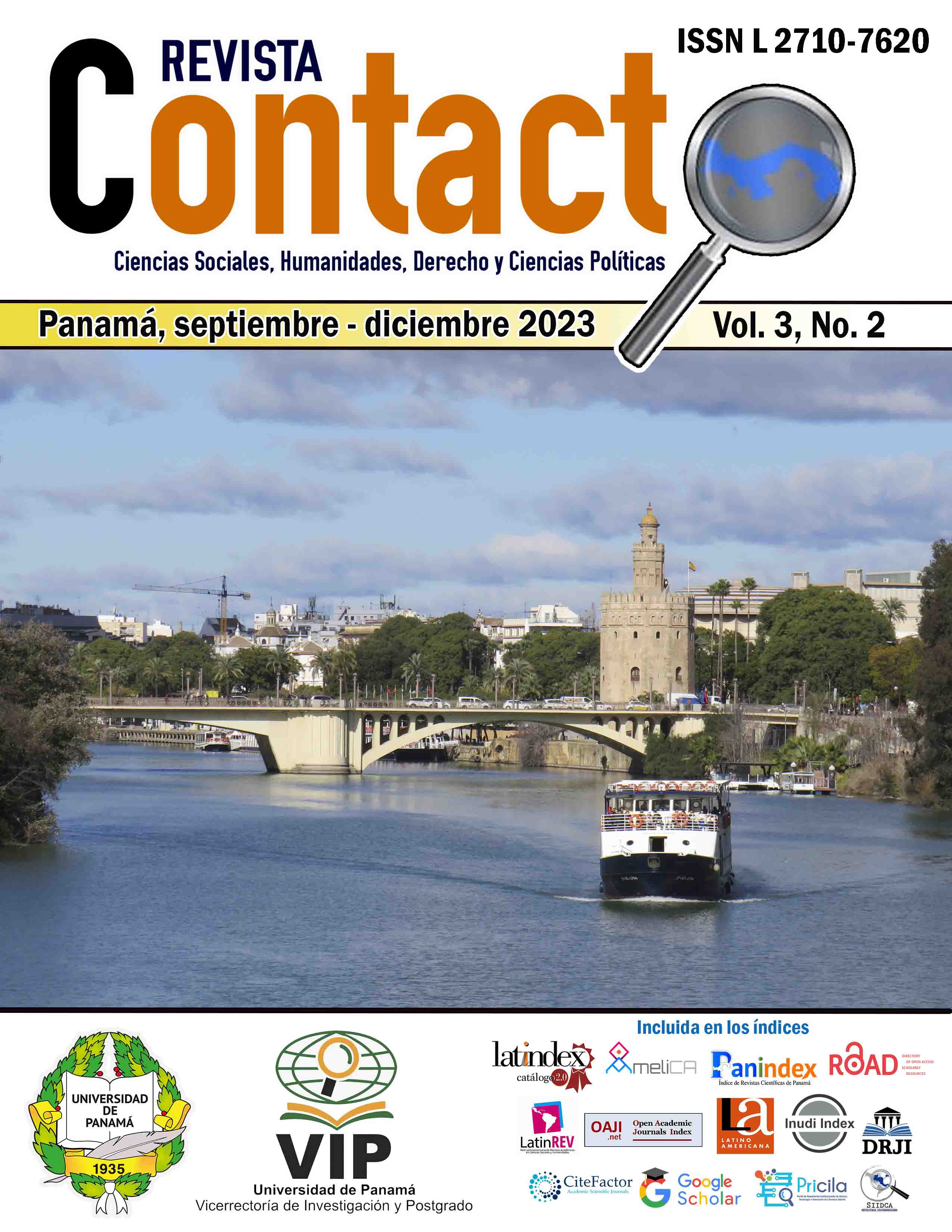

Copyright (c) 2023 Revista Contacto

This work is licensed under a Creative Commons Attribution-NonCommercial-ShareAlike 4.0 International License.
The Amphictyonic Congress of Panama of 1826 was one of the diplomatic wonders of its time, which originated in the intellectual, strategic and statesmanship work of the liberator Simón Bolívar, who had the firm conviction of confederating the republics that emerged from America before Spanish. It took on a difficult challenge, that of establishing the unity of the recently emancipated peoples, with the accumulation of dissimilarities confronted internally and between nations, some heirs to the former Spanish empire, and the influence of foreign powers. Unfortunately, the Bolivarian vision would suffer from strong contradictions that, over the years, would make it impossible to achieve the desired unity. The study of Bolívar's ideology, intrinsically linked to the Bolivarian Congress in Panama, entails a wide range of scenarios in the geopolitical sphere of the time. Multiple historical documents and extensive bibliography reveal the actions, thoughts and intentions of the liberator on emancipated America and on the council. It seeks to synthesize in this short investigation, the genesis and the idea of ??holding this assembly; his actions, achievements and difficulties, and above all, the perspectives that this principle of unity in Latin America leaves today, ideas that were manifest in the mind and in the work of the liberator and that are still valid. For almost 200 years, the notion of "Bolivarian unity" prevails in the geopolitics of Latin America, and is transformed into a concept of "integration and solidarity" in the different spheres of its socio-economic and political work.